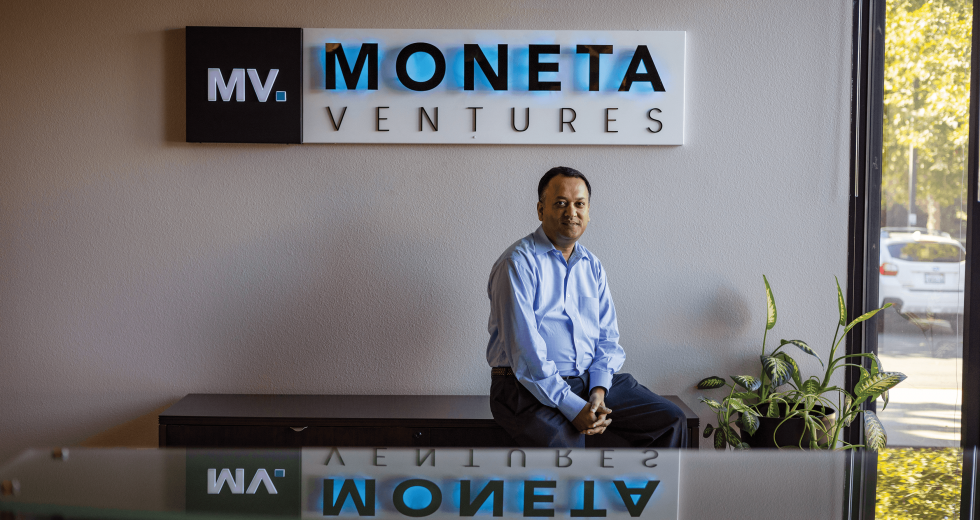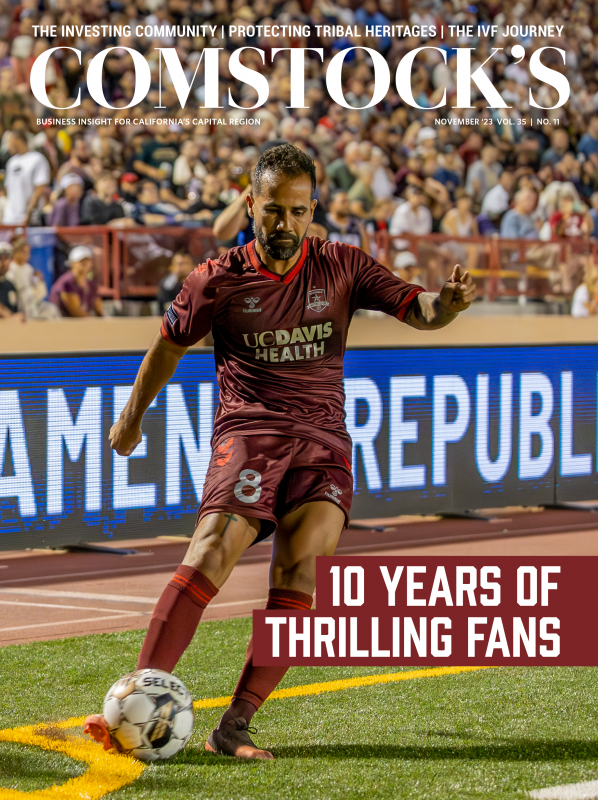Since 2020, the global economy has been mired in uncertainty. On Oct. 5, 2023, investors and entrepreneurs convened at the Roebbelen Center @The Grounds in Roseville to address certain questions regarding business in the Capital Region.
“My panel was rallying around the theme: Where have we been? Where are we going? Where do we want to be by 2030?” says Janine Elliott, interim director at Venture Catalyst, a UC Davis program that supports startups spun out of university research and technology.
GFX 2023 marked the second annual conference hosted by the Growth Factory, an early-stage venture capital fund and nonprofit accelerator. In its inaugural year, about 600 people showed up. Given current market conditions, one might have expected this year’s number to be down. But attendance doubled.
During her panel, Elliott talked about infrastructure: how important it is to have capital for deep technological or scientific innovations that require lab space. On a broader scale, this event represents infrastructure of a different kind — the business community coming together to build a network of support, which is critical in hazy times such as these.
“This whole idea of going to an event like this and asking, ‘What are you working on and how can I help,’ is super powerful,” Elliott says. “Every entrepreneurial ecosystem I’ve been plugged into does that well. They really get that you’ve got to collaborate with one another, support one another, give before you ask for something. And that’s what tends to set the entrepreneurial ecosystems apart is that love, that desire to genuinely help each other out.”
“Sacramento somehow told itself it was not a place where inventors and investors came, but rather the place for real estate, military and government. That’s what we were known for. … Sacramento is starting to surface with momentum in our region, and investors are emerging with it.” Charley Ansbach founder, Ansbach & Associates
In the past two years, the valuations of new businesses have gone down. By now, you probably know the main culprits: the economy after COVID-19, prices going up, higher interest rates, disruptions in the supply chain. Startups at every stage have been impacted, but none have felt the sting like later-stage companies (Series D rounds and later) since the end of 2021, according to Crunchbase data. Why? Investor sentiment has veered away from rapid growth to focus on a clear path to profitability, i.e. startups with less financial constraints. Put simply, early-stage companies have more runway, which affords them more leeway.
In the Capital Region, as creative industries have evolved, savvy investors are capitalizing on this early-stage trend communally, according to Charley Ansbach, founder of Ansbach & Associates, which has managed capital campaigns locally, nationally and internationally since 1985.
“Sacramento somehow told itself it was not a place where inventors and investors came,” Ansbach says, “but rather the place for real estate, military and government. That’s what we were known for. … Sacramento is starting to surface with momentum in our region, and investors are emerging with it.”
Growing trends
The Growth Factory has invested in 45 early-stage companies in the last two years, totaling $4.5 million, according to founding partner Mark Haney. Based on the response from GFX, this trend looks to be going up as more tech companies gain a foothold and investment literacy improves.
“Much of the venture capital dollars has been deployed in the Bay Area, Silicon Valley, New York and Boston and, on the next level, you have Austin,” Haney says. “Sacramento has been missing its fair share of the venture dollars. That’s beginning to shift as we develop more investable companies and have more investors coming off the sidelines … as people begin to understand the asset class a little better.”
Over the years, numerous programs have emerged specifically to help early-stage companies develop a more validated business model. Before seeking capital, a company must conduct a thorough self-assessment, addressing key questions that interest investors:
What’s the problem you’re solving?
How valuable is the solution and how big is the market?
What’s your innovation and to what degree is it protected?
Do you have the right trustworthy team that will manage your company from ideation to success?
What are the terms of stock ownership (i.e. what will you give an investor for their money)?
What’s the exit strategy?
Evolution Accelerator in El Dorado Hills launched in 2018, offering classes to help entrepreneurs fine-tune their answers to these questions. But this cohort model presented challenges — specifically, a lack of a standardized curriculum and students at different skill levels. As Evolution has matured, the company has increased its focus on supporting newer angel investors interested in learning how to source and evaluate early-stage opportunities, in addition to the entrepreneurs themselves, according to Executive Director Alex Chompff.
“In a traditional accelerator, you live off of investors’ money,” Chompff says. “I thought it would be better to live off of our own work and create balance sheets based on investor funds.”
In general, investors face limitations based on the scale of their investments. For instance, if an investor manages a billion-dollar fund, they can’t write small checks like $10,000 for startups. They need to make larger investments, say $10 million. But if they invest $10 million in a startup that’s valued at only $5 million, it doesn’t make financial sense. So they’re often forced to invest in more mature businesses where the risks and potential rewards are lower, Chompff says.
“There’s always a desire in the investment community to understand how to swim upstream to take advantage of earlier, high-quality opportunities and get more bang for your buck,” he says. “It’s not unusual for a firm like ours to screen a hundred investments before investing in three. Everybody would like to think the ones they select will be the winners, but that’s not actually what the math shows. The earlier you are in the cycle, the more likely you are to see your investment, as they say, trending toward zero.”
Despite the associated risks, investments earlier in the funding stages (pre-seed and seed) can help future opportunities come to fruition. According to Cameron Law, executive director of the Carlsen Center for Innovation and Entrepreneurship at Sacramento State, “If there’s limited investment earlier in the funding stages … there is a risk that deal flow could dry up as ventures aren’t properly being funded in getting started.”
Bridging the gap
Moneta Ventures, a Folsom venture capital firm that invests in promising early-stage companies, has a fund about the size of all the other regional funds combined. While dropping valuations made most investors pause, Moneta decided to double-down based on the “buy low, sell high” principle, intending to raise $200-$300 million for its third fund, Fund III.
In the next few years, the firm will deploy this third fund into companies in the region, dedicating some portion into Series B rounds of companies Moneta invested in for their seed and Series A rounds, says Lokesh Sikaria, managing partner at Moneta Ventures.
“Everybody started pulling back on investing, and it made our task of raising a fund harder,” he says. “But when you think about it from a valuation standpoint, it’s actually a great time to launch a fund. … The human mind says, ‘Things are pulling back. I don’t know if I want to invest in a VC fund.’ But that’s the time to invest because you’re going to find the best deals.”
Given the economic climate, the Sacramento Angels advised its members at the start of the year about potential stagnation. The group held seminars on angel investing and provided guidance on best practices to help them navigate. While the amount invested is down 20-25 percent compared to last year, the appetite remains strong, says John Peters, chairman and president of the Sacramento Angels.
But the investment mix has flipped. Last year, two-thirds of its deals were priced rounds, offering private equity. This year, two-thirds of the deals are now either convertible notes or a Simple Agreement for Future Equity (SAFE). Also, more startups are using extension rounds (like Series A2 or A+) or bridge rounds with convertible notes or a SAFE when they can’t get the expected valuation or need more time to raise extra funds.
John Peters is the chairman and president of Sacramento Angels, a
group of entrepreneurs, CEOs, executives, lawyers and venture
capitalists who invest in early-stage companies.
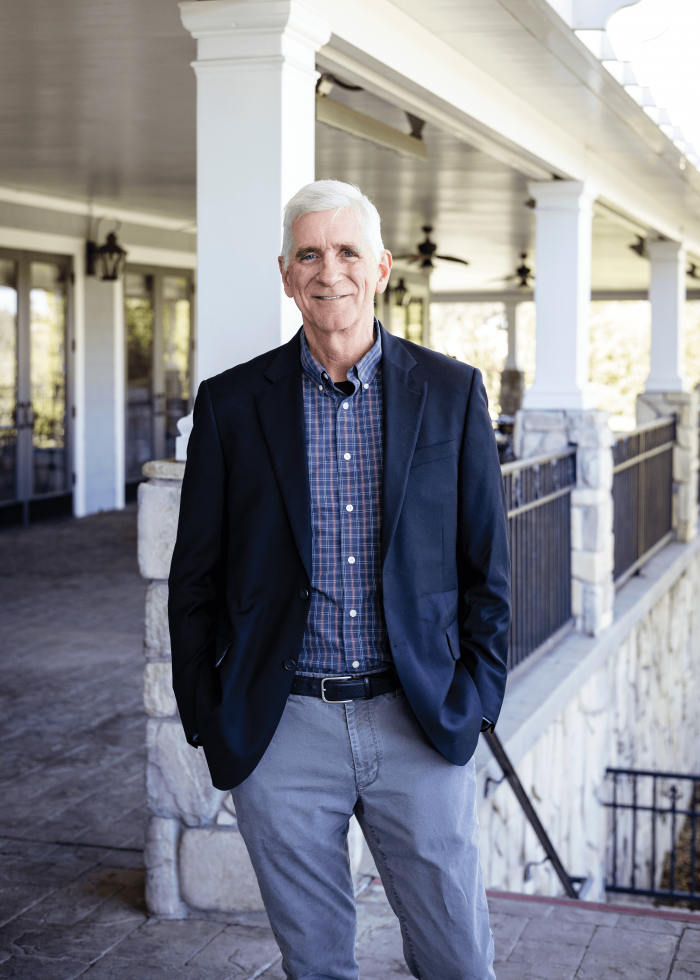
Bridge rounds let investors get advantaged terms and convert their investment later when the company is in position to raise a primary equity round. With bridge rounds, there’s a set price cap and potential bonuses like discounts or interest, which gives investors an advantage: If the company’s value rises, they convert at that price; if it drops, they convert at a discount. According to Peters, this strategy can help startups bridge the gap between current valuation expectations and realities of the investment market while also creating more appealing offers to attract new investment from angels and others.
Sacramento Angels members “love learning about new technology and they want to engage with startups — that’s what gets people fired up,” Peters says. “I thought we might see a drop in membership and investment activity given the economy. But it’s been a pleasant surprise how strong the activity and the membership have been. Our membership is at the highest level in the group’s history.”
Open space
The positive outlook doesn’t negate the current financial ripple effect. Incubators have felt the impact directly. In January 2022, AgStart, the Woodland-based food and ag incubator program, started construction to expand its Lab@AgStart facility (which had filled to capacity five months after opening in 2021). There was much interest from regional companies eager for space, looking to grow, according to John Selep, president of AgStart.
Then came March 2022. The Russian invasion of Ukraine, which spiked world oil and grain prices and triggered fears of a global recession, made startups more cautious to expand. The VC community coached startups to conserve capital, Selep says, because nobody knew how long the economic decline would last.
“Companies we had been talking to came back and said, ‘We’re going to have to raise more capital before we want to expand into your facility,’” Selep says.
The bigger facility opened in January 2023. The expanded facility, which includes a total of 52 client lab benches, currently has 40 lab benches (77 percent capacity) occupied by startup clients, Selep says. A dozen lab benches are currently open and available for new clients. It’s simple math: Without investment dollars, startups have less money to populate incubators.
“They can charge full speed until they run out of capital, but if you’re burning less fuel every month, you can survive more months,” Selep says. “Cash is what fuels this whole ecosystem of startups. In times of uncertainty, everyone pulls back.”
These benches might not be open for long. According to Curt Rocca, managing partner at the Roseville-based financial services firm DCA Partners, Greater Sacramento had one of the highest net migrations of smart, young people during COVID of any region in the country. The geography, he notes, used to be a limitation. But the explosion of remote work has allowed entrepreneurs to be more flexible, he says, “de-risking” the move to the Central Valley.
“The executives used to say, ‘This opportunity looks great, but I don’t really want to move to Sacramento to take it because if it doesn’t work, there’s nowhere else to go.’ That’s no longer the case. Now, if it doesn’t work out, they can still work for another company in their chosen field of expertise remotely and do it from Sacramento where the cost of living and quality of life is greater than the Bay.”
To that end, he says, the investment environment in the Sacramento Region has never been “stronger or broader or more robust than it is today.”
Stay up to date on business in the Capital Region: Subscribe to the Comstock’s newsletter today.
Recommended For You
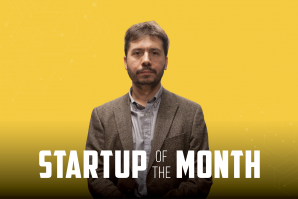
Startup of the Month: Botanical Solution Inc.
Lab-grown plants offer key compounds for crop protection, vaccines
Grown in a lab from raw materials, so-called “baby trees” could be essential for protecting not only the future of fruits and vegetables, but also people. This is the aim of Botanical Solution Inc., a Davis-based ag tech startup with global roots.

Sacramento Republic FC Celebrates 10 Years in the State Capital
The soccer club has captured the heart of the region with its successes
While other professional soccer teams have come to town with hype and promise, only to flicker briefly before disappearing — teams like the Gold, Spirits, Geckos, Scorpions, Senators and the Knights — the United Soccer League’s Sac Republic connected with the Capital Region in a major way.

When #GirlBosses Are Toxic
Sacramento author’s new work of fiction shines a light on hustle culture, influencer lifestyles and surviving a toxic boss
Noelle Crooks, a Sacramento native, is generating a lot of buzz for her debut novel, “Under the Influence,” dubbed “The Devil Wears Prada” for the digital age. Although the book is a work of fiction, Crooks admits it was inspired in part by her own experiences working in a toxic environment.
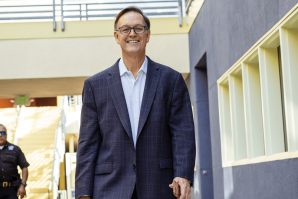
The Way We Work: Jessup University President Dr. John Jackson
A glimpse into the daily life of the pastor and Christian university leader
Dr. John Jackson grew up as a pastor’s kid, but he didn’t see that as his calling. “I told God in my own way, ‘I’ll do anything you want, except I’ll never be a missionary, and I’ll never be a pastor,’” says Jackson. So of course he became a pastor.



